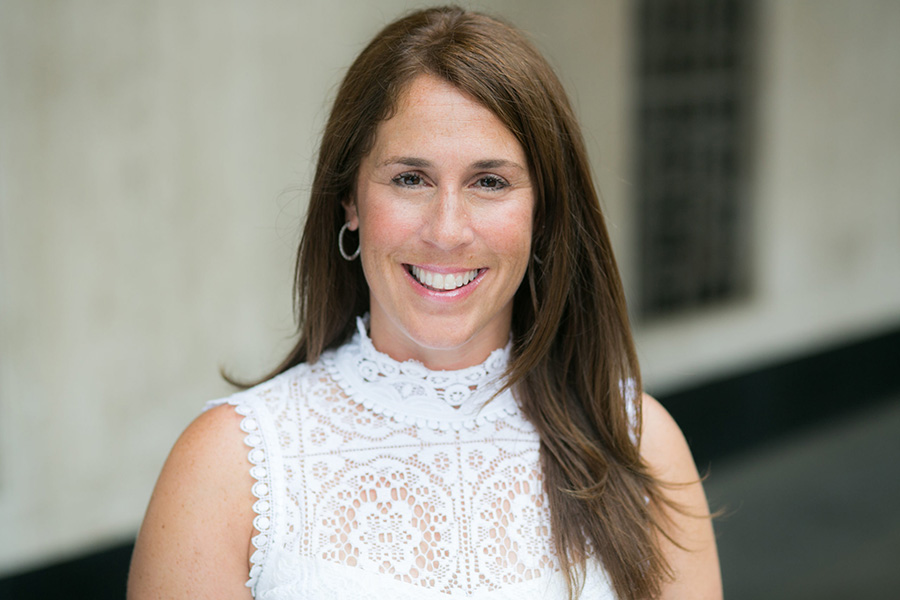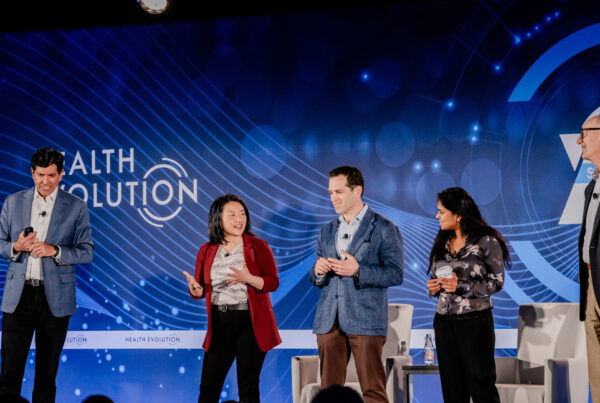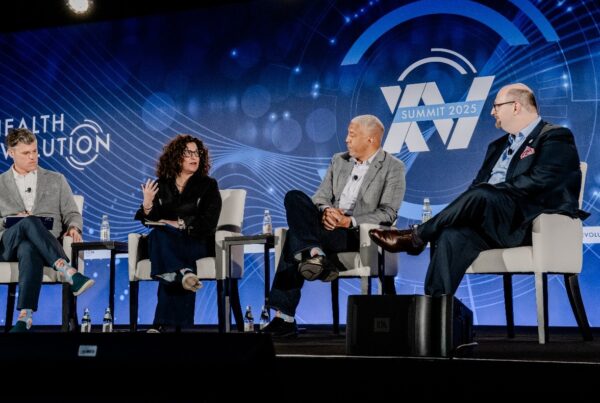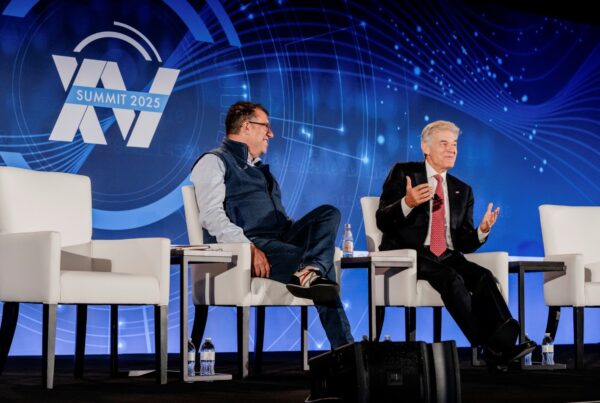Smokey the Bear, McGruff the Crime Dog, and the crash-test dummies. “Friends Don’t Let Friends Drive Drunk,” “Let’s Move,” and “Love Has No Labels.”
If you’ve seen a famous public service announcement since the 1940s, chances are it came from the Ad Council. The nonprofit organization has produced some of the most well-known public service campaigns since it was created in 1942.
In 2021, the organization won’t be able to lean on a familiar character or catchphrase from years past to promote COVID-19 vaccinations to the general public. It won’t be able to rely on an Elvis-like figure to promote the vaccination to a captivated nation. As Brian Castrucci, President and CEO of the de Beaumont Foundation told us, there is no singular medium or person in 2021 that can get everyone’s attention to increase vaccine uptake.
Instead, the Ad Council will use research and science-based messaging, through both traditional media platforms and community-based outreach, to educate the public about COVID-19 vaccine. The pandemic has been a focal point for the organization since March, says Michelle Hillman, the Ad Council’s Chief Campaign Development Officer.
“We released our first campaign within five days of the pandemic being declared in March and since then we assembled a massive coalition of partners, teamed up with over 20 different agencies and content creators, and generated nearly $420 million in donated media, more than 60 million engagements and nearly 30 million visits to coronavirus.gov for trusted information to help Americans remain safe,” says Hillman.
The vaccine education campaign has been launched in partnership with the COVID Collaborative, a national assembly of leading experts and institutions across health, education, and the economy. The coalition is bipartisan, co-chaired by former Republican Gov. and U.S. Sen. Dirk Kempthorne of Idaho and former Democratic Governor Deval Patrick of Massachusetts. Already this particular effort has raised $37 million of its $50 million goal.
Health Evolution spoke with Hillman about the Ad Council’s efforts to reach underserved communities in terms of vaccine confidence, how the organization is “wired for crisis” and more. Below are excerpts from this conversation.
Health Evolution: What efforts is the Ad Council undergoing to reach underserved communities concerning vaccine confidence?
Hillman: Rates of COVID-19 continue to spike across the nation. And while many Americans have already started the vaccination process, we recognize that there is currently a lack of confidence and credible resources for people to go to, leading to mass hesitation, fear, misinformation and complacency.
Only when the American public opts in to get vaccinated at scale can we ensure the safety of the greater population. It is through the mass communication of this critical need that the Ad Council can make a difference, potentially saving hundreds of thousands of lives. This is the biggest issue of our lifetime and it requires an effort like never before, in terms of size, scale, speed and urgency.
The Ad Council is leading and releasing a multi-faceted, research driven effort with a number of distinct campaigns designed to reach different audiences, including – importantly – communities of color that have been both disproportionately affected by COVID-19, and have greater vaccine hesitancy.
Through this effort, we’ll have an air game and a ground game: the traditional media and placements you’re accustomed to seeing from the Ad Council—including TV, radio, and more—as well as grassroots, community and faith-based outreach to ensure our messages are reaching their intended audiences. This includes leveraging trusted messengers that resonate with our key audiences.
Our platform will take an empathetic approach to ending the pandemic. People have questions about the vaccines. That’s OK. We want to acknowledge America’s concerns, provide answers to their questions and get us all on the road back to the moments and people we miss most. Our goal is to ensure the American public has the most accurate information possible to get them educated on the vaccines and, ultimately, feel confident in getting vaccinated.











